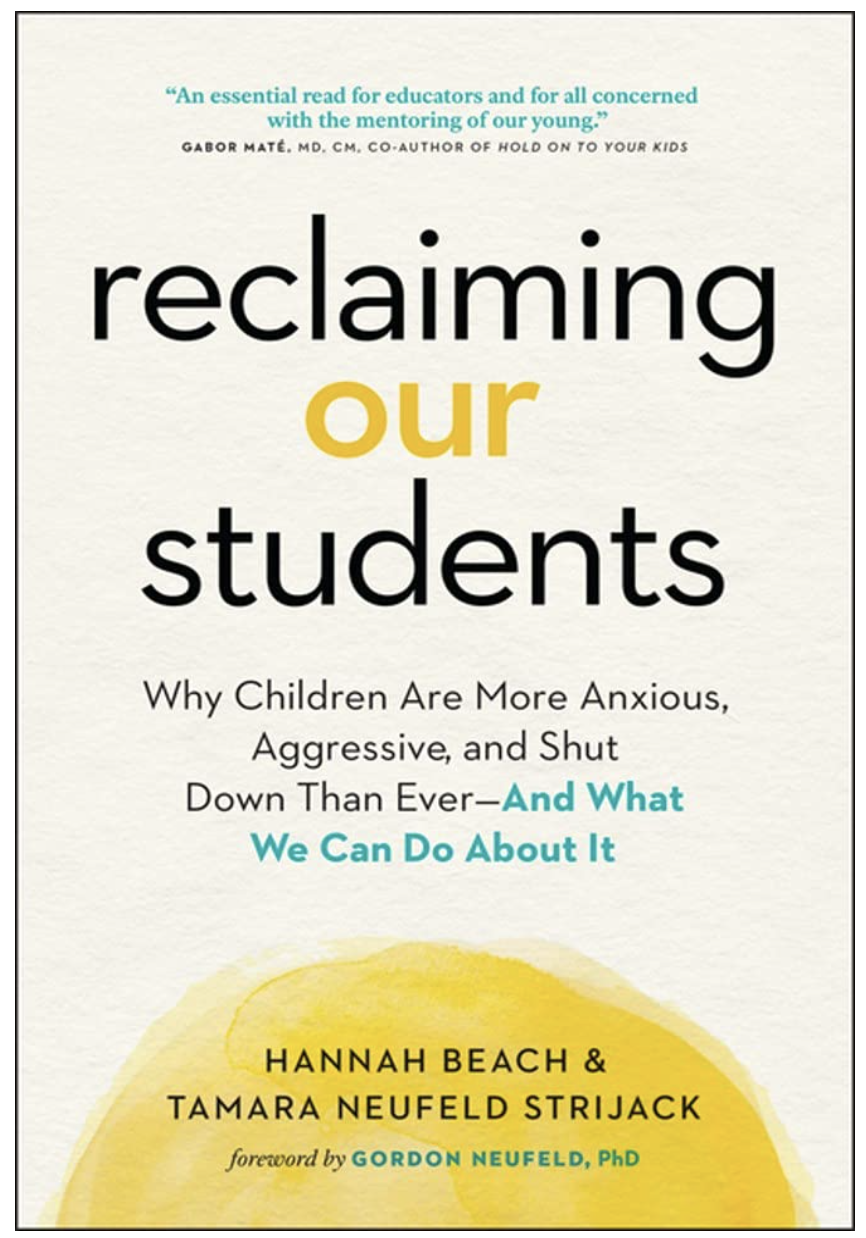As an ESL/ELD resource teacher in my board, some of the best professional learning I get to do involves collaborating with educators in similar roles across the province through the ESL/ELD Resource Group of Ontario (ERGO). Recently, one of our members generously organized a two after school sessions with Canadian educator and consultant, Hannah Beach. She provided two sessions titled “The Power of Play” and “What’s Behind the Behaviour?”, each with a focus on multilingual learners.
Being an educator with a primary focus on ESL/ELD programming, I was immediately intrigued. It is no secret that schools in Ontario schools today face unique mental health challenges that have developed from a confluence of factors: pandemic lockdowns, rapidly changing technology, social media, and a seemingly constant barrage of world events with significant impacts on local communities. A recent article from People for Education shared that an astounding 91% of schools across Ontario report needing student mental health supports for COVID-19 recovery. A 2023 survey from ETFO indicated that violence in schools has become pervasive, with 77% of teachers sharing they had personally experienced violence or had witnessed violence against another staff member.
When it came to addressing the issue of increasingly challenging student behaviour in school, Beach’s sessions did not disappoint. She spoke about the detrimental impact of technology on the students build relationships with peers and teachers. She addressed the increasing disconnection kids have with the adults in their lives. She pointed out how the lack of spontaneous play have taken away opportunities for children to “digest” and process the world around them. In such a world, it is not uncommon for students to “bottle up” their emotions, and may be disrespectful, disruptive, or act aggressively as a means of coping. Multilingual students may experience an additional layer of frustration, especially as they grapple to express themselves to their peers and teachers.
Beach’s presentations resonated with me so strongly I purchased her book, “Reclaiming Our Students”, immediately. Published in 2020 and co-authored with Tamara Neufeld Strijack, Hannah Beach’s book is incredibly insightful and relevant for educators and families. Focusing on emotional health, safety, and inclusion from an educator perspective, providing strategies and scenarios that many teachers will likely find familiar.

Though I probably cannot come even close to summarizing the learning that emerged from those sessions and her book, I think Beach’s writing and insights are so valuable and critical right now. In many of the experiences I have had supporting schools over the last year, I have been perplexed by so many troubling incidents involving students: aggression toward teachers, peers, and even administrators; preoccupation with social media apps on smartphones; groups of students frequently leaving their classrooms to wander hallways.
While there is likely no panacea for all the issues that educators face every day, thinking critically about modern culture and the mental health of students is an excellent place to start. I am grateful I had the opportunity to listen to Hannah Beach’s presentations, and explore her writing as a starting point for myself.
If you have an opportunity to hear her speak in your board, or can get her book into your school’s professional library, I highly recommend it.
